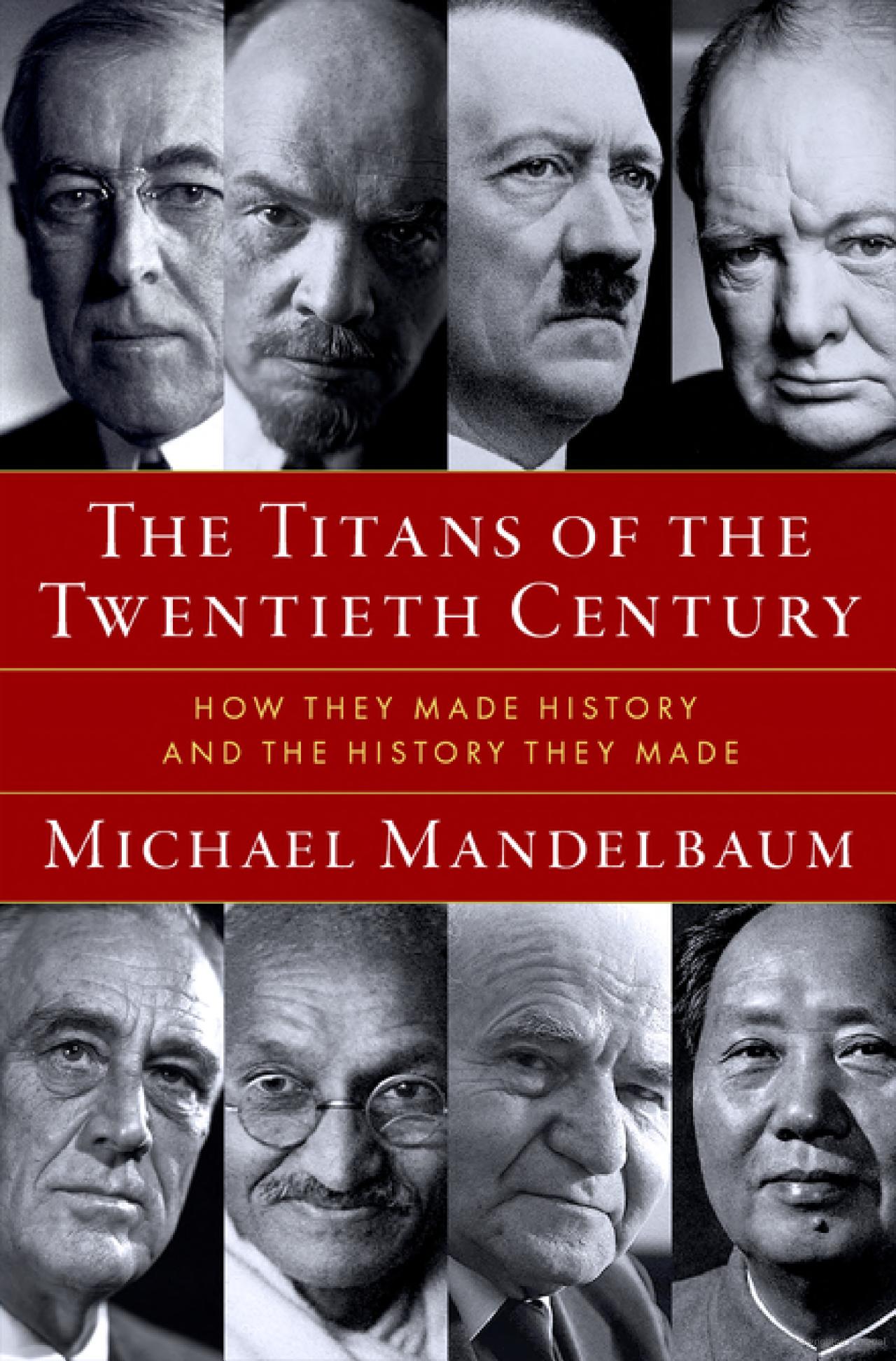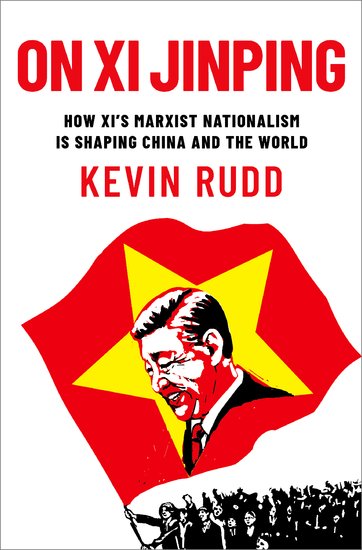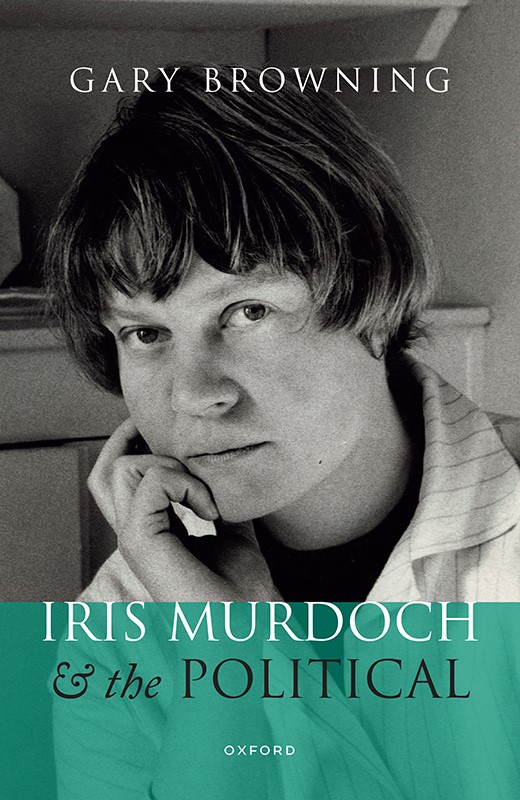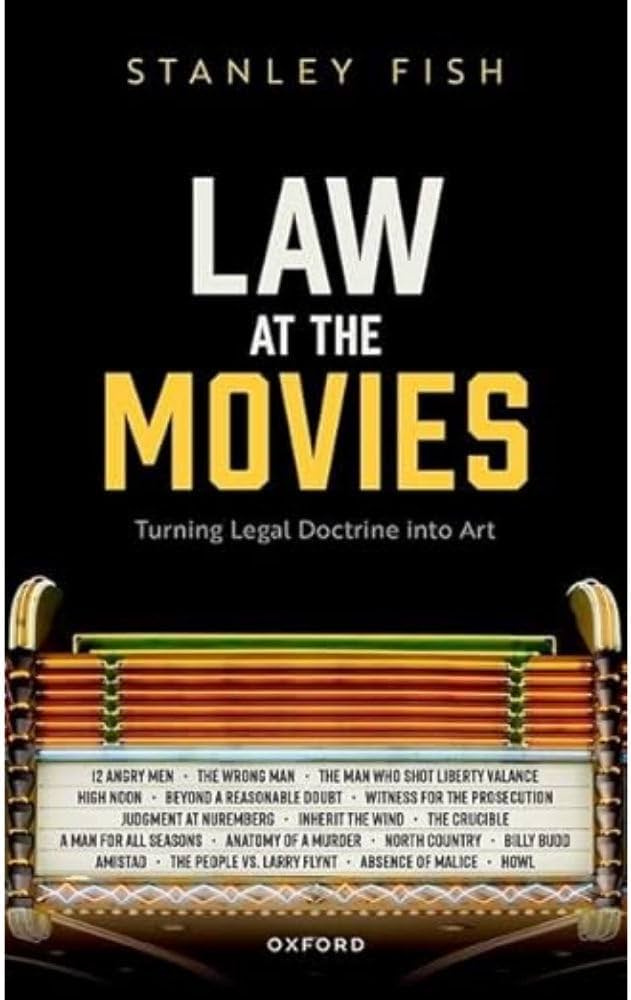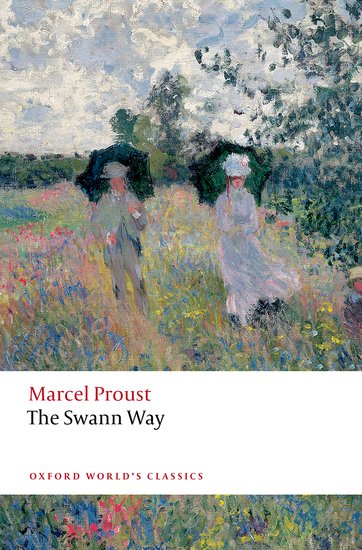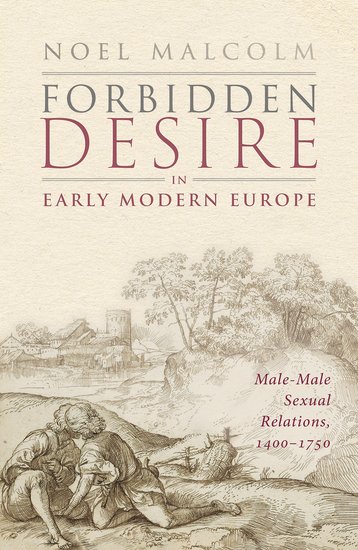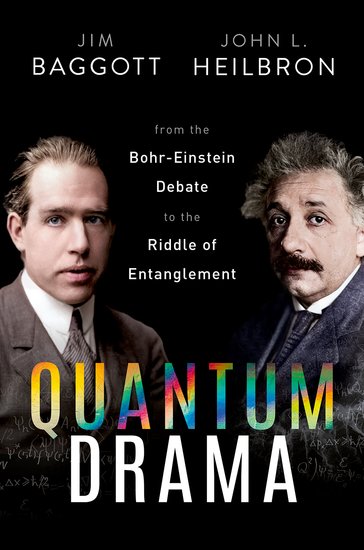Accessibility Tools
- Content scaling 100%
- Font size 100%
- Line height 100%
- Letter spacing 100%
Oxford University Press
The Tenderness of Silent Minds: Benjamin Britten and his War Requiem by Martha C. Nussbaum
by Paul Kildea •
Venice: The remarkable history of the lagoon city by Dennis Romano
by Margaret Plant •
The Titans of the Twentieth Century: How they made history and the history they made by Michael Mandelbaum
by Glyn Davis •
On Xi Jinping: How Xi’s Marxist Nationalism is shaping China and the world by Kevin Rudd
by Neil Thomas •
Law at the Movies: Turning legal doctrine into art by Stanley Fish
by Richard Leathem •
The Swann Way by Marcel Proust, translated from the French by Brian Nelson
by Felicity Chaplin •
Forbidden Desire in Early Modern Europe: Male-male sexual relations, 1400-1750 by Noel Malcolm
by Miles Pattenden •
Quantum Drama: From the Bohr-Einstein debate to the riddle of entanglement by Jim Baggott and John L. Heilbron
by Robyn Arianrhod •




